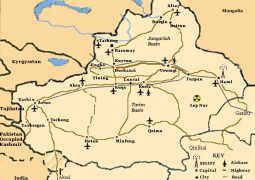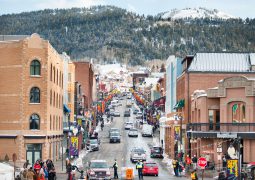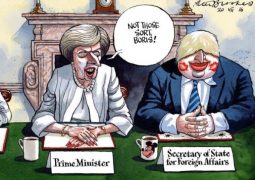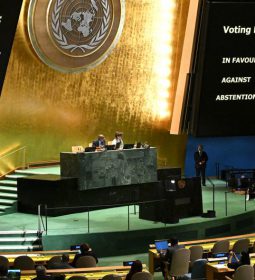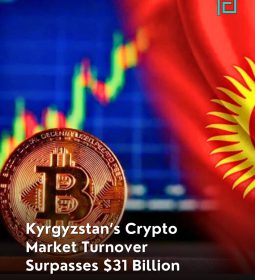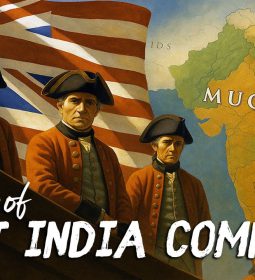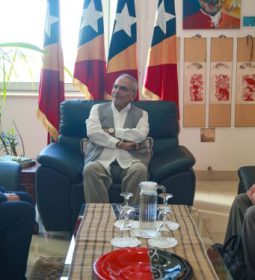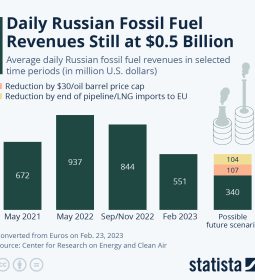For a growing number of Chinese students, the doors to America are closing
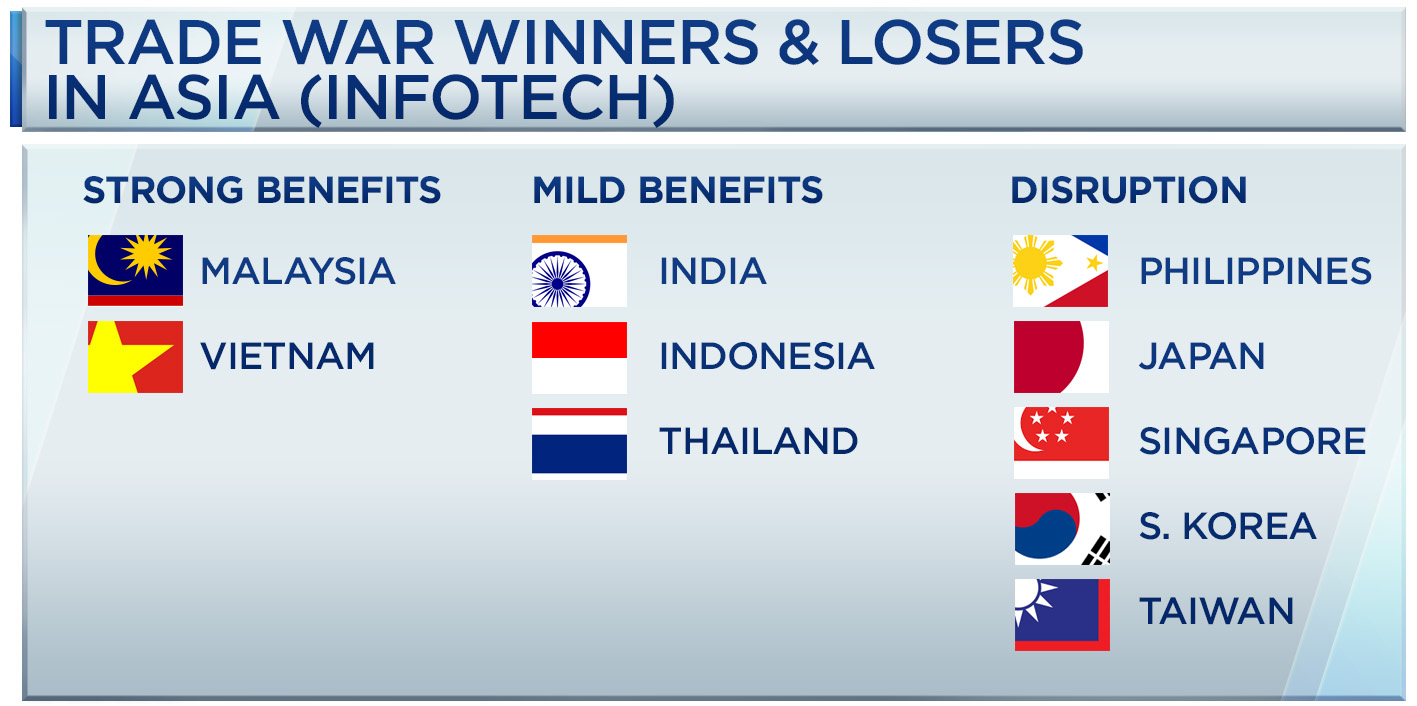
- Since last summer, Chinese students involved in robotics, aviation, engineering and hi-tech manufacturing have faced tighter visa controls in the US
- Chinese students have described delays in visa approvals due to additional reviews, putting their academic and professional career prospects at risk
Meng Jing
30 Apr, 2019
Like millions of China’s brightest before him, David Yu flew across 12 time zones some seven years ago from his native Beijing to pursue postgraduate studies in the US.
The plan was to get his doctorate in advanced materials engineering, work for a top US multinational company and eventually return home, where his “gold-plated” resume would open the doors to plum jobs. That was the plan, anyway.
Months after receiving his PhD last year, the 30-year-old specialist in alloys used in airframes and jet engines has yet to land a job in the aerospace industry. At companies like Boeing, many jobs require a government security clearance granted only to US citizens. Boeing representatives did not respond to a request for comment.
As the rejections piled up, Yu changed tack and looked to other industries. He has missed two Lunar New Year family reunions in a row because he fears not being allowed to return, such were horror visa stories circulating among Chinese students in the US. Under existing law, Yu has three years to find a job that would sponsor a visa. International students who hold degrees in any of the STEM fields – science, technology, engineering and mathematics – can remain in the US for up to three years under what is officially known as “optional practical training”.
About 36 per cent of the 363,341 Chinese students in the US study in the fields of STEM, which stands for science, technology, engineering and mathematics. Photo: Handout
“Being Chinese with a degree in sensitive areas in the US almost equals to being rejected even before application,” Yu said at a recent job fair at Harvard University. “I have already given up hope of finding jobs in the US that match my skills.”
Four decades after Washington and Beijing re-established diplomatic ties, the doors on scientific and technological engagement appear to be closing fast. A wary US has accused its biggest trading partner of getting ahead by unfair means, from forced technology transfers to intellectual property theft and industrial espionage.
An ongoing trade war has masked a deeper, more protracted competition for superiority in advanced technologies that could hand the leader a significant military and economic edge.
Yu is collateral damage in this contest, but he is not alone.
Chinese nationals make up a third of the 1.1 million international students in the US, according to New York-based Institute of International Education. About 36 per cent of the 363,341 Chinese students study in the fields of STEM.
Since last summer, Chinese students involved in robotics, aviation, engineering and hi-tech manufacturing – priority areas in Beijing’s “Made in China 2025” industrial policy – faced tighter visa controls.
The Trump administration has rolled back an Obama-era policy that allowed Chinese citizens to secure five-year student visas. Chinese students in so-called “sensitive fields” could also face additional screening from US embassies and consulates, a senior State Department official confirmed at a Senate hearing in June last year.
Students interviewed by the South China Morning Post described delays in visa approvals as a result of additional reviews, which have put their academic and professional career prospects at risk.
The visa clampdown appeared to have caught the attention of China’s top leadership. Chinese President Xi Jinping, speaking at the second Belt and Road Forum in Beijing on April 26, urged countries around the globe to offer Chinese entrepreneurs, students and scholars fair treatment and friendly environments so that they can carry out regular business, study and research.
“The great rivers and oceans are deep because they are open to all trickles. If inflows of streams and rivers are cut off, even a big sea will dry sooner or later,” he said.
In March, Chinese student associations at several American universities, including the University of Illinois at Urbana-Champaign, University of California, Berkeley, and Cornell University, published an open letter appealing to Chinese students to support a petition against the US visa policy.
In one case, a student who returned to China to renew his visa was subjected to “administrative processing” for as long as 18 months, forcing him to drop out of university, according to the petition.
In a written response to the Post, a State Department spokeswoman said that all visa cases are adjudicated on a case-by-case basis according to US law and applicable regulations. As every visa decision is a national security decision, some applications are required to undergo additional administrative processing, the spokeswoman said.
One Harvard engineering PhD holder, who now works for a Boston-based tech start-up, said one of his colleagues, an engineering graduate from the Massachusetts Institute of Technology (MIT), is still stuck in China after going back for the Lunar New Year reunion in early February.
“He is now working in our company’s Shenzhen office, while his wife is still in Boston. We have no idea when he will be able to return to the US,” said the Harvard PhD holder, who asked not to be named for fear of jeopardising his colleague’s visa review.
The uncertainty of securing visas is putting a chilling effect on the employment prospects for skilled Chinese graduates in the US.
Even Chinese-Americans have not been spared from suspicion.
The Committee of 100 (C100) – a non-partisan leadership organisation of prominent Chinese-Americans in business, government, academia, and the arts – has condemned the racial profiling in the US where Chinese-Americans are being targeted as potential traitors, spies and agents of foreign influence.
At the recent Harvard College China Forum, the world’s largest student-run China conference, experts said collaborations between the US and China delivered the best scientific research. Photo: AFP
“Such targeting of individuals based on their ethnic heritage or national origin violates our shared American ideals. It simply has to stop,” said the open letter of C100, which was co-founded 30 years ago by world-renowned architect I.M. Pei and acclaimed cellist Yo-Yo Ma, among others. The organisation’s other prominent members include BlackBerry chief executive John Chen, Baidu president Zhang Yaqin and politician Gary Locke, a former US ambassador to China.
Ultimately, cutting the free flow of ideas and people in science is detrimental to both the US and China, as “our research showed that all of the best scientific research done collaboratively”, said Huang Yasheng, a Beijing-born, Harvard-educated professor and China expert at MIT’s Sloan School of Management.
“It has become almost impossible for US scientists with Chinese background to leverage the resources from both countries to do research. They have to choose sides now,” Huang said on the sidelines of the three-day Harvard College China Forum, the world’s largest student-run China conference, at the event’s conclusion on April 14. “The move is reducing technological collaboration, damaging tech development in both the US and China.”
It has become almost impossible for US scientists with Chinese background to leverage the resources from both countries to do research Huang Yasheng, professor at MIT
Hours later on the same day at the Batten Hall of Harvard Business School, hundreds of Chinese students, many from other top US universities, flocked to the 20 or so companies which took part at a two-hour career fair for “overseas talent”.
Yu, the aerospace materials PhD graduate, wore a navy blue suit and carried a black backpack as he walked around the hall looking at the companies. He eventually applied to two companies offering US-based positions, state-owned telecommunications operator China Unicom and Microport, a Shanghai-based medical equipment maker.
Outside the hall, it was a crisp and sunny day. Pink magnolias were in riotous bloom across one of the oldest seats of higher learning in America. But Yu was not really in the mood.
“At this point, I just want to have some work experience here to give myself a boost for my future career in China. Any jobs that have some prospects would do.”
- Previous Chinese family reportedly paid US$6.5 million to ‘fixer’ for admission into Stanford
- Next US security concerns force Cosco-owned Orient Overseas to sell Long Beach port in California



